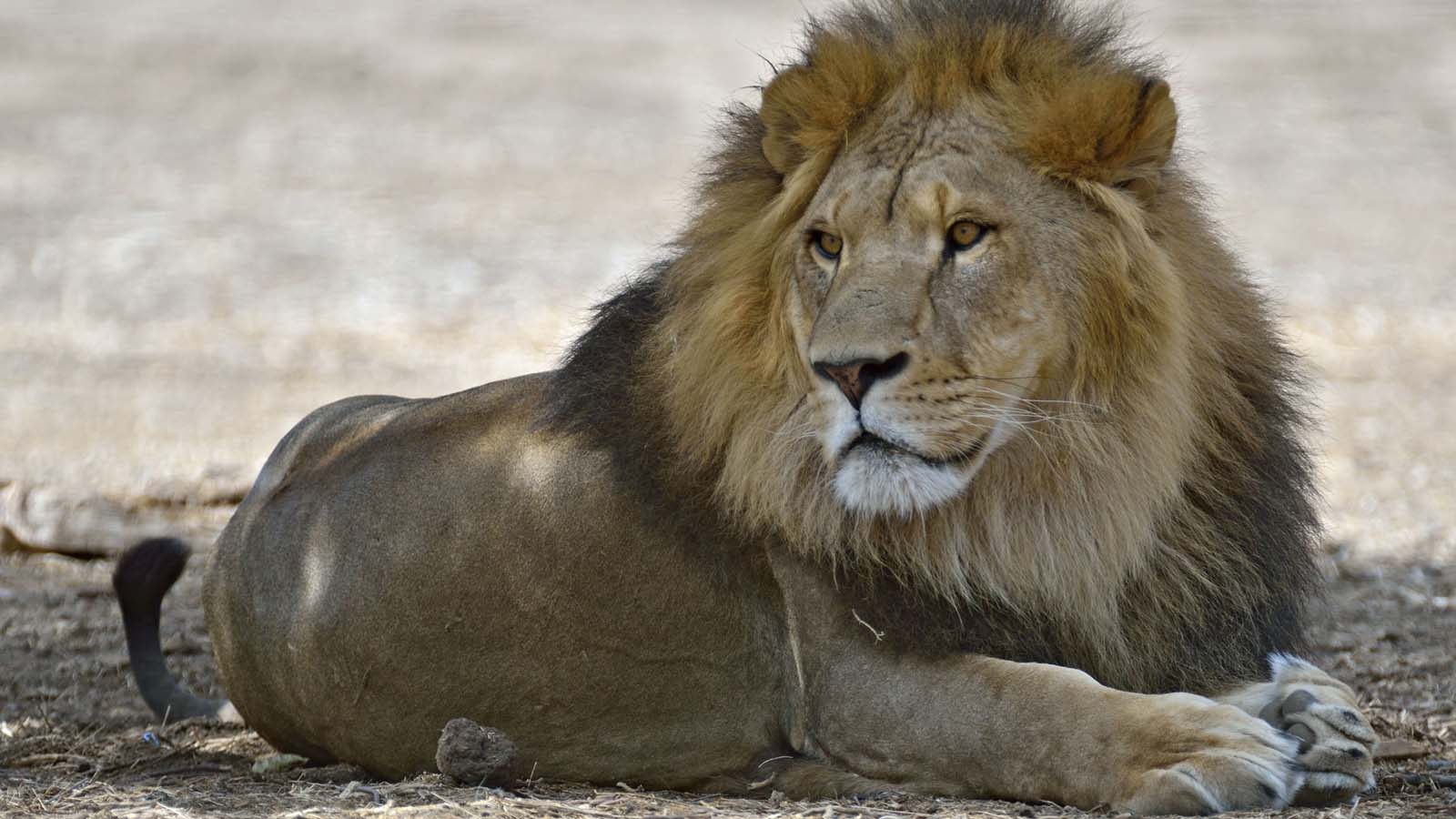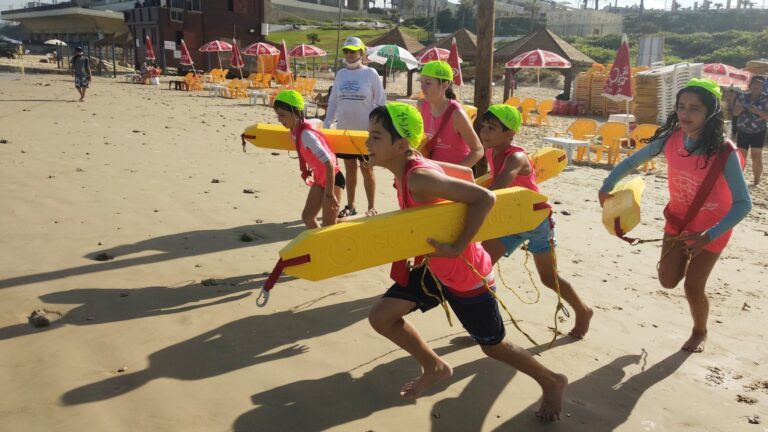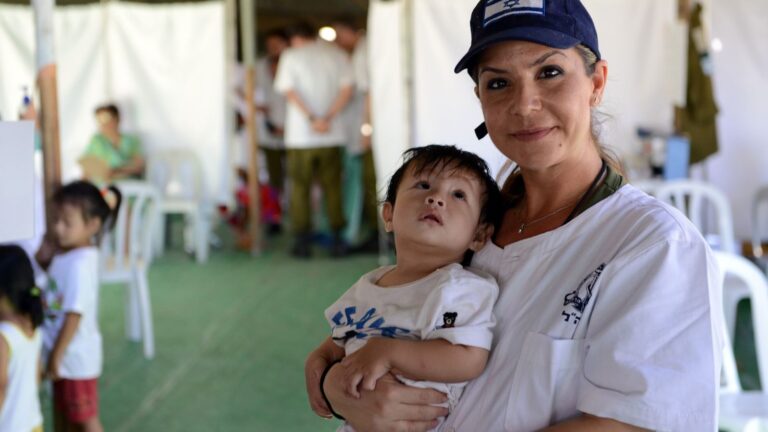With the story of Cecil the Lion roaring from news media the world over, the almost anonymous Samuni the Lion got a new lease on life thanks to the quick response of Israeli veterinarians.
Samuni is an eight-year-old Big Cat living at the Zoological Center of Tel Aviv-Ramat Gan (Safari). During a routine checkup on their charges, the zookeepers at the Safari noticed a large growth on Samuni’s stomach.
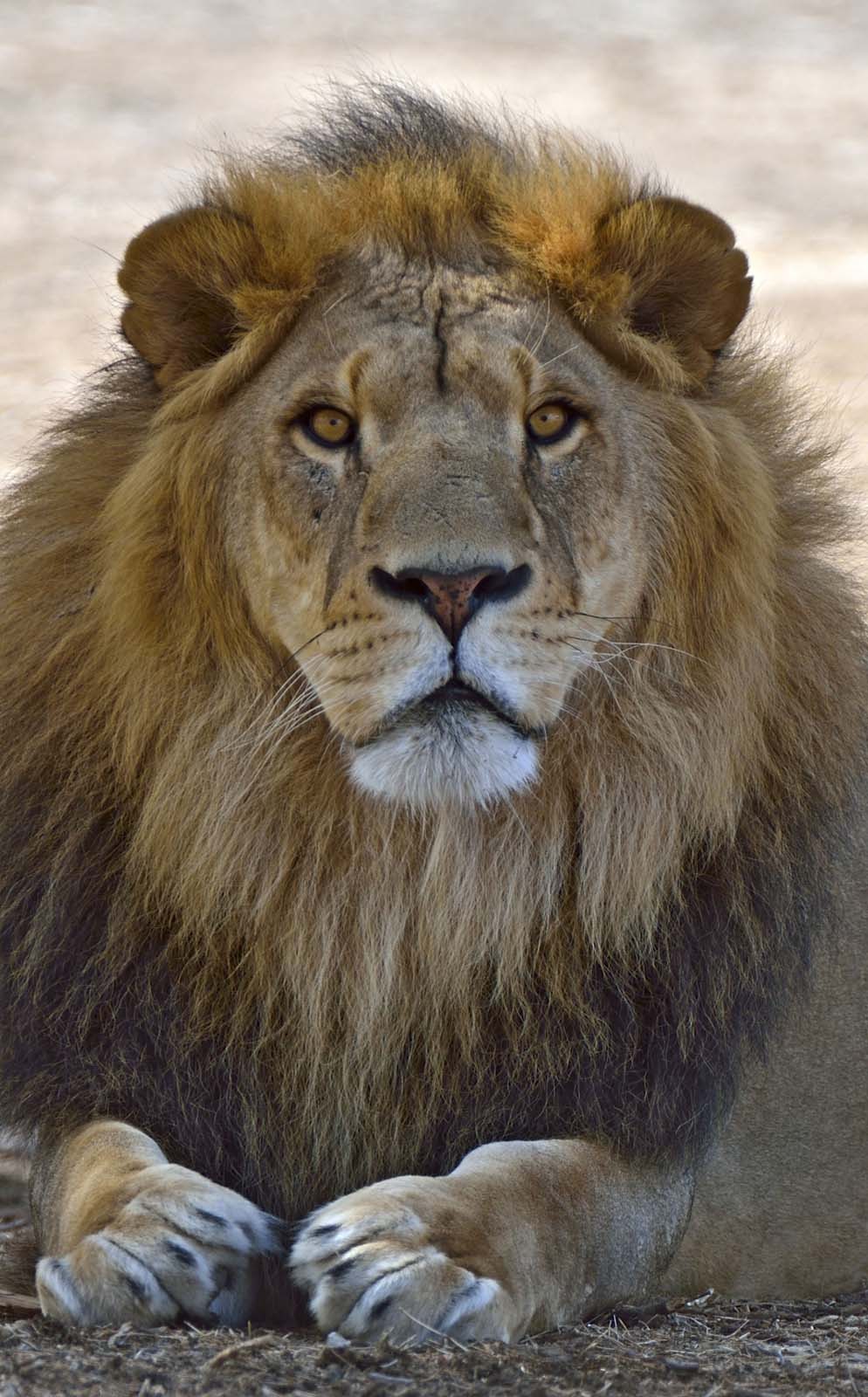
The beautiful lion was anesthetized so the vets could take a sample of tissue for a biopsy. However, the lab results were inconclusive and the veterinarians decided not to take a chance but instead remove the tumor in its entirety.
“Every lion is extremely important for us here at the Safari and we will do everything we can to care for them and give them a quality life,” Sagit Horowitz, Ramat Gan Safari spokesperson, told ISRAEL21c. “There was no doubt that we’d take care of Samuni even though it is extremely difficult to anesthetize a lion. We knew that we would do everything to save his life.”
Samuni underwent a two-hour operation today (July 29) and Horowitz said the veterinarians were able to remove the whole growth. Zookeepers sent the tumor tissue to a lab and upon finding out if it is malignant or benign, will decide upon continued care.
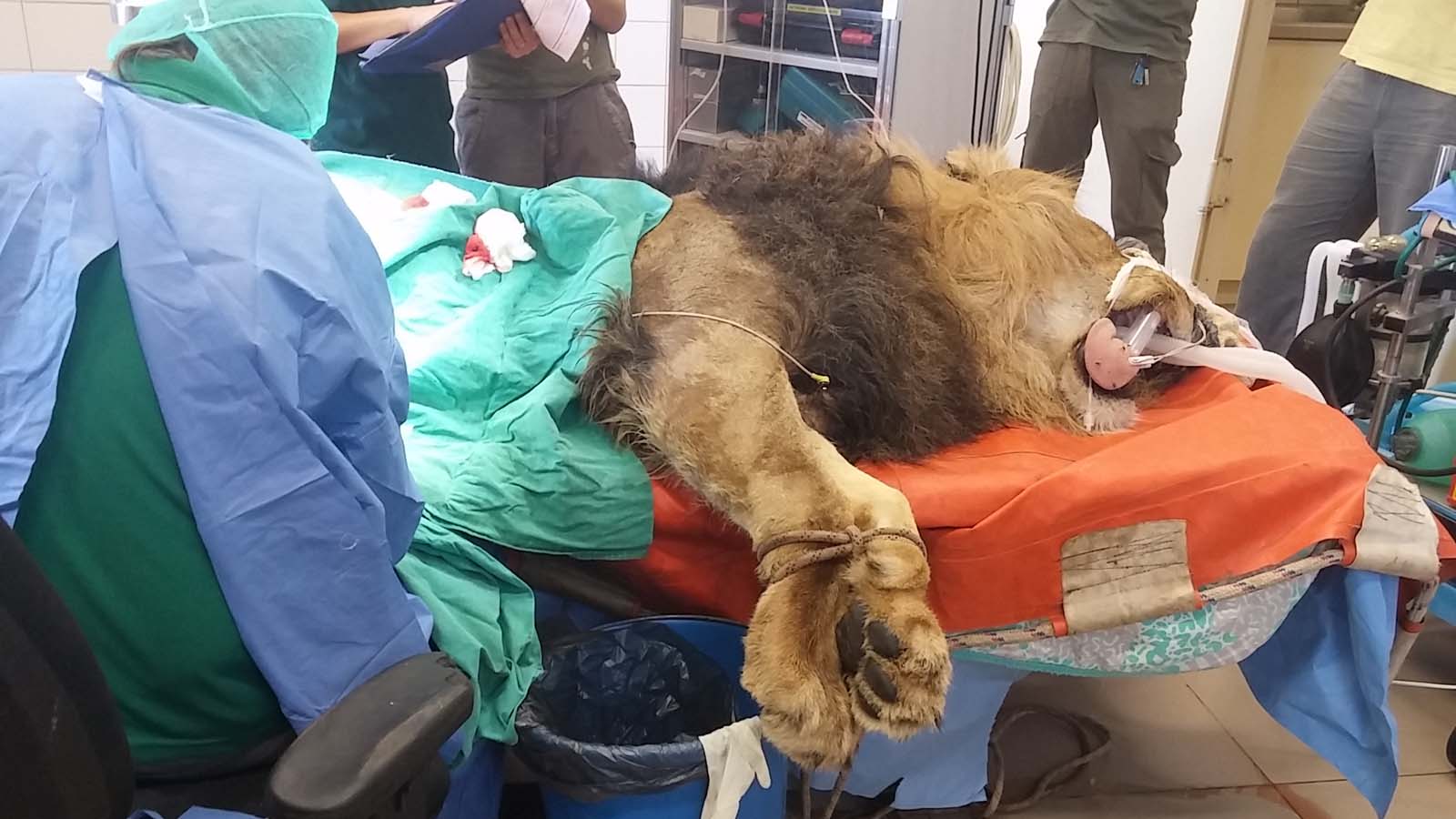
The Ramat Gan Safari staff was horrified by Cecil the Lion’s story.
“The story of Cecil is horrifying, shocking and extremely sad,” Horowitz told ISRAEL21c. “It hurts that these things happen. We know the situation in nature is very difficult and that’s why when people say, ‘how can we keep animals in a zoo when their lives are so much better out in nature,’ we always say that you need to look at it from a balanced point of view. It’s not always easier for animals to be out in the wild. Here, all their needs are cared for and they’re treated with respect. No one will poach them here.”
Fighting for Israel's truth
We cover what makes life in Israel so special — it's people. A non-profit organization, ISRAEL21c's team of journalists are committed to telling stories that humanize Israelis and show their positive impact on our world. You can bring these stories to life by making a donation of $6/month.





